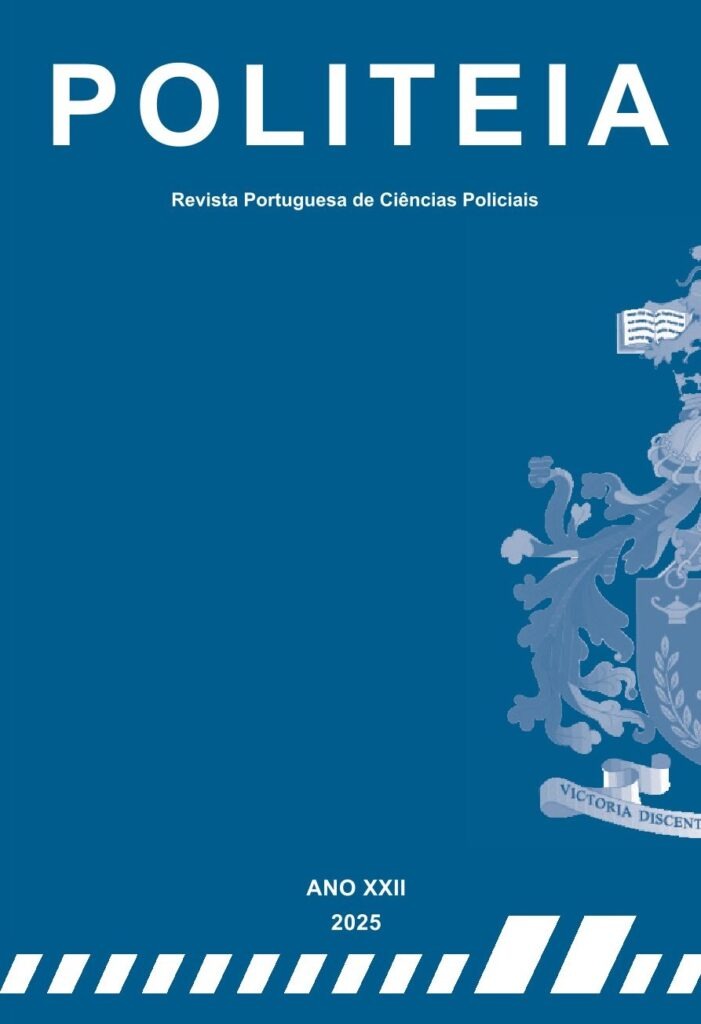Tipologia dos sistemas policiais: o caso brasileiro
Key Words
O presente artigo objetivou comparar o sistema policial brasileiro com outros modelos existentes no mundo, tomando como referência variáveis de uma classificação tipológica apresentada por diversos autores. O objeto de estudo foi delimitado à “polícia de rua”, papel desempenhado no Brasil pela Polícia Militar, maior instituição policial do país, multitarefa e alto grau de capilaridade territorial. Para responder à questão central – como o modelo brasileiro se apresenta quando seu enquadramento tipológico é comparado com o de outros países – o autor trilhou um percurso metodológico por meio de três fases: o reconhecimento de uma tipologia de sistemas policiais, a identificação de modelos policiais de dez países e a comparação do sistema policial brasileiro com os modelos identificados. Trata-se de uma investigação qualitativa, bibliográfica e com análise documental. Os resultados apontaram para evidências que o modelo brasileiro é convergente com outros vigentes no mundo, mas diverge quanto ao ciclo bipartido e ao cariz militar não nacional.
The aim of this article was to compare the Brazilian police system with other models in the world, taking as a reference variables from a typological classification presented by various authors. The object of study was delimited to the “street police”, a role played in Brazil by the Military Police, the country’s largest police institution, with an extensive range of activities and a high degree of territorial capillarity. In order to answer the central question – how does the Brazilian model present itself when its typological framework is compared with that of other countries – the author followed a methodological path through three phases: the recognition of a typology of police systems, the identification of police models from ten countries and the comparison of the Brazilian police system with the models identified. This is a qualitative, bibliographical study that analysed documents. The results pointed to evidence that the Brazilian model is convergent with others in force around the world but differs in terms of the bipartite cycle and the non-national military nature.
El objetivo de este artículo fue comparar el sistema policial brasileño con otros modelos en el mundo, tomando como referencia variables de una clasificación tipológica presentada por diversos autores. El objeto de estudio se delimitó a la “policía de calle”, papel desempeñado en Brasil por la Policía Militar, la mayor institución policial del país, con un amplio abanico de actividades y un alto grado de capilaridad territorial. Para responder a la pregunta central – cómo es el modelo brasileño cuando se compara su marco tipológico con el de otros países – el autor siguió un recorrido metodológico a través de tres fases: reconocimiento de una tipología de sistemas policiales, identificación de modelos policiales de diez países y comparación del sistema policial brasileño con los modelos identificados. Se trata de un estudio cualitativo, bibliográfico y de análisis documental. Los resultados apuntaron evidencias de que el modelo brasileño es convergente con otros vigentes en el mundo, pero difiere en cuanto al ciclo bipartito y la naturaleza militar no nacional.
Versão original
Versão original
Outros artigos nesta edição
-
Editorial Note
Rui Manuel Álvaro Marta and Paulo Machado
-
Tipologia dos sistemas policiais: o caso brasileiro
Sérgio Fernandes
-
As diligências do 8.º Intendente Geral da Polícia da Corte e do Reino, Filipe Ferreira de Araújo e Castro, nos primeiros tempos do vintismo [1820-1821]
Eurico Gomes Dias
-
Metodologia BioMenteOperacional: Biofeedback na excelência do desempenho operacional na Polícia de Segurança Pública
Ana Patrão, Maria Luís Mendes, Fernando Passos, Jorge Silva, António Santos, Rui Costa, Anabela Pereira and Cristina Queirós
-
Em torno do Art. 6.º da Lei das ações encobertas
João Gíria
-
As Migrações e um novo rumo de Segurança
Rui Pedro Guerreiro dos Reis
-
O Inquérito sobre Segurança no Espaço Público e Privado. Algumas reflexões.
Paulo Machado
-
Caderno Informativo: Edições do ISCPSI/ICPOL
Luís Miguel Faria de Almeida




